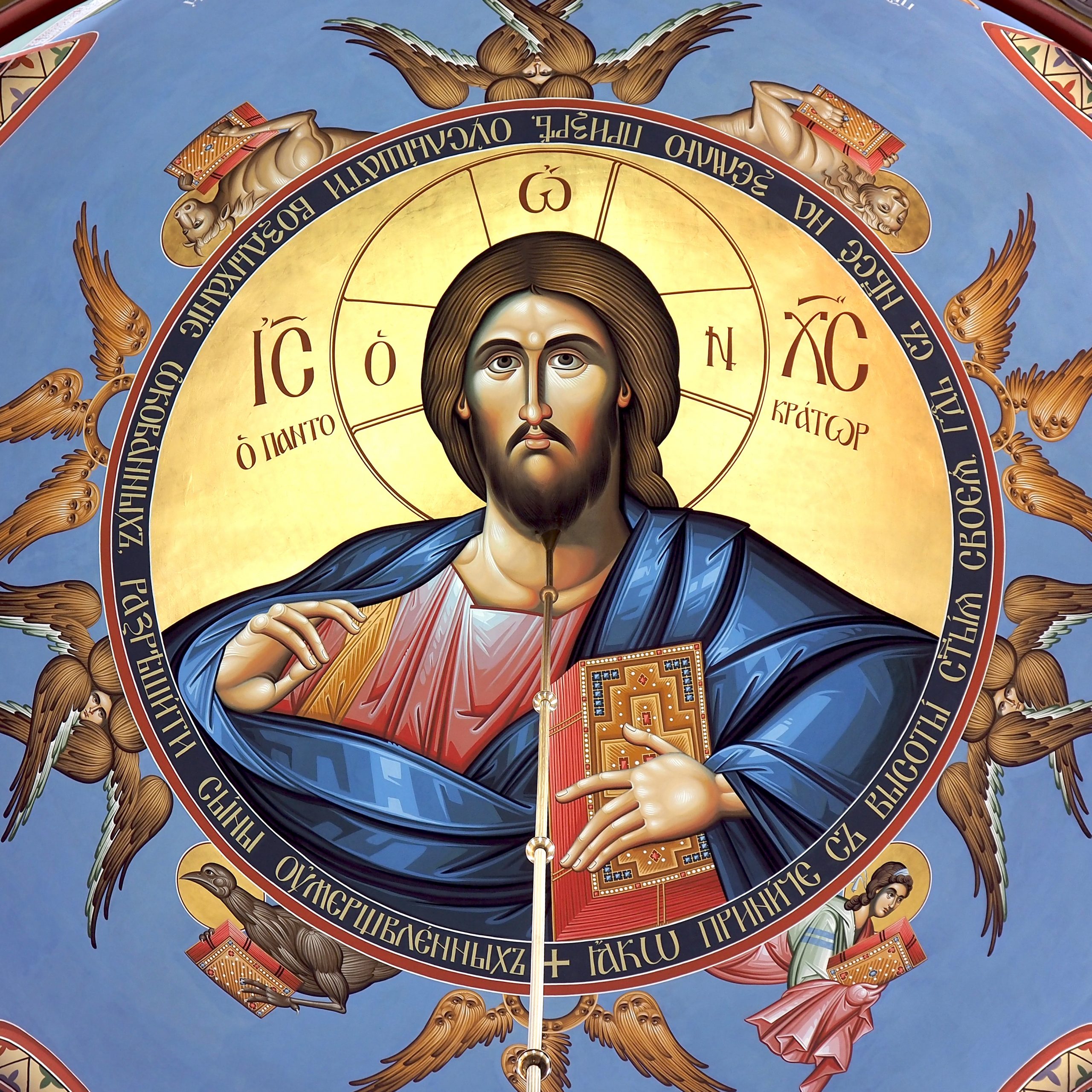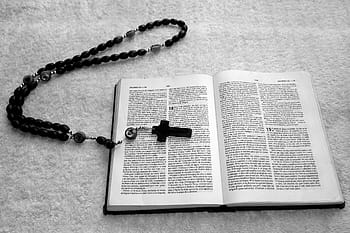Then Peter came up and said to Him “Lord, how often shall my brother sin against me, and I forgive him? As many as seven times?” Jesus said to him, “I do not say to you seven times, but seventy times seven.” Matthew 18: 21-22
Why did I entitle this reflection “The Art of Forgiveness”? Because to establish any thriving, long term relationship, requires forgiveness. And like a fine work of art, forgiveness is not painted with broad strokes but with delicate, intricate and purposeful ones. There is no human relationship that can last without forgiveness. Spend any amount of time with someone and there is bound to be a difference of opinion or an outright transgression.
In seeking to do good, sometimes we will end up doing bad instead of good. No one can be good at all times, except God. So, in seeking to do good, one good thing we must learn how to do is to forgive others in the times when things are not good.
I suppose there are two kinds of forgiveness—forgiveness involving “people with whom we are close” like family members and close friends, and “people with whom we are not close.” Let’s start with the most important people in our lives, our families. A marriage will not last without forgiveness. If I have been married twenty years and I do one thing wrong a week, that would be one thousand wrongs. And I’m sure there have been many more than that. If there are one thousand wrongs on a marital scorecard, there is no way to have a thriving marriage. The only way to survive is to forgive as we go. The Psalms say “If Thou, O Lord, shouldst mark iniquities, Lord, who could stand?” (Psalm 130:3) This is very true in our lives. Without forgiveness no one can stand.
Forgiveness with little children is a great model. We’ve all seen little kids lash out at each other and then five minutes later be playing together happily. Sadly, we the parents of those kids hold our grudges a lot longer. We forgive our own children easily. We chastise them and fifteen minutes later we are hugging them. Another great model of forgiveness that we all see and practice.
So, why then does forgiveness become so complicated among adults? Because we don’t work at it. As I said, forgiveness is an art form that needs to be developed and practiced throughout life. It takes a soft heart, a generous spirit, and an understanding of our own shortcomings. Our knowledge of our own shortcomings should make us seek forgiveness for our missteps, which should inspire us to offer forgiveness more freely to others.
Let’s look quickly at the other kind of forgiveness. There are some relationships that are totally surface. We have a relationship with other drivers on the road, even though we don’t know their names. Because we share the road and we share it together, there is a relationship. So, when the other driver cuts us off, we are not supposed to glare at him or swear at him, we should be forgiving. We all have our moments of poor driving. We should be forgiven when we make an error. We should offer forgiveness as well.
Not every relationship we have is going to go the distance. I have heard relationships as lasting for a reason, a season or a lifetime. I have had many friendships that have died away during the years of my life. Some of those friendships have ended poorly. There are people that I no longer wish to be friends with. They’ve breached trust or wounded me in such a way that I no longer feel close to them. I’m sure people could say the same about me. I try to reflect on each of these “lost” relationships and understand that they were good for their “reason” or “season” and try to not harbor hostility toward former friends. This is an art in itself. It is very hard to master this.
We don’t forgive well in modern times. When we do wrong we say “I’m sorry, but I had a reason.” And the response is “I forgive, but I’m going to sue.” Or “I forgive but I’m going to keep track of this.” Because we aren’t sure we are going to be forgiven, we are afraid to own a wrong. Because we are not sure someone is actually owning a wrong, we are hesitant to forgive. We need to own our mistakes. We need to forgive the mistakes of others.
Forgiveness frees you. If I forgive someone who has wronged me, I am free. In relationships that are going to go long term, forgiveness is essential. In relationships that are permanently broken, forgiveness does not necessarily restore, but it provides freedom.
Finally, there is a difference between saying “I’m sorry” and “Forgive me.” The difference is that “I’m sorry” doesn’t require action on the part of the person we say it to. Let’s say that I say to someone “I’m short on money.” They can answer, shrug their shoulders or ignore me. If I say “May I have a dollar?” they are brought in, almost forced, into the conversation. They have to answer either yes or no. If we say “I’m sorry,” someone can shrug their shoulder or ignore us. But if we say “Can you please forgive me?” there is an answer that is required, either yes, forgiveness is possible, or no, it is not. And hopefully if the answer is no, some path to forgiveness can be offered.
It is certainly important that we learn how to forgive and that we also humble ourselves and ask for forgiveness. Saying “I’m sorry” is easy. Saying “Can you please forgive me?” is much more humbling and much more vulnerable. It is also much more effective and restorative when someone else says “I forgive you.”
If we expect the Lord to forgive us, we must learn the art of forgiving one another.
Lord, help me to forgive those who have wronged me. Give me the humility to ask for forgiveness when I’ve wronged someone else. Help free me from bad feelings I harbor toward others. Help forgiveness to be exchanged sincerely and often in my relationships with family and friends. Amen.
Forgive someone today. Ask forgiveness from someone today.
These readings are under copyright and is used by permission. All rights reserved. These works may not be further reproduced, in print or on other websites or in any other form, without the prior written authorization of the copyright holder: Reading © Holy Transfiguration Monastery – Brookline, MA, Apolytikion of Abbot Marcellus © Narthex Press, Kontakion of Abbot Marcellus © Holy Transfiguration Monastery – Brookline, MA.
The Revised Standard Version of the Bible is copyrighted 1946, 1952, 1971, and 1973 by the Division of Christian Education of the National Council of the Churches of Christ in the U.S.A. and used by permission. From the Online Chapel of the Greek Orthodox Archdiocese of America.




